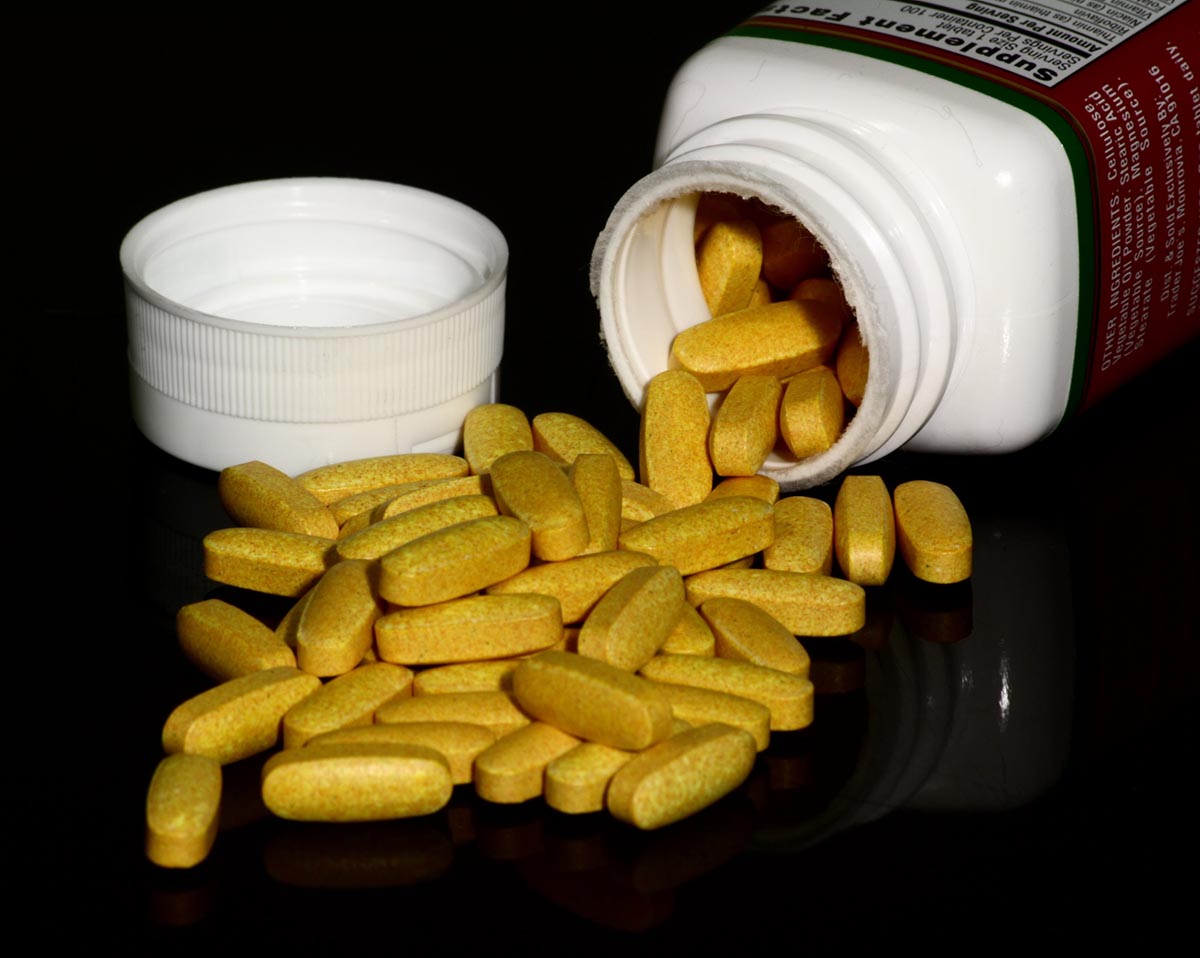
Niacin is also known as vitamin B3, nicotinic acid and vitamin PP. As a sort of vitamin B, niacin is found in many natural sources: dairy products, lean meats, poultry, fish, nuts, eggs, wholegrain breads and cereals. It is also added to food as a vitamin supplement and available as the prescription medication or over-the-counter supplement.
Medically, niacin is used to treat a lack of niacin in the body, to lower cholesterol and triglycerides and treat or reduce the risk of coronary diseases.Niacin plays essential metabolic roles in living cells; it is involved in DNA repair, and the production of steroid hormones in the adrenal gland.
Niacin usesNiacin is used to increase the levels of good cholesterol (HDL) by 15% to 35%, and lower the levels of bad cholesterol (LDL). This health benefit of niacin is extremely important in lowering the risks of coronary heart diseases.
Niacin is also able to reduce the risk of heart attack by 22% to 33%. Added to statin agent, it becomes even more powerful in prevention of heart attack by reducing the risk for 90%. The advantage of niacin over the other prescribed statin drugs is that it lowers the most damaging variety of bad cholesterol particles - the small LDL particles. Niacin is also able to harden the arterial walls and thus prevent the arteriosclerosis.
Pellagra is a severe disease caused by the lack of niacin in the daily diet. It is most commonly found in people whose diets consist for the most part of corn. Pellagra is characterized by dermatitis in sun exposed areas, glossitis, diarrhea, dementia and in severe cases it may be fatal.
Other medical uses of niacin include prevention of dementia and Alzheimer’s disease, improvement of the eyesight, lowering the blood phosphate levels etc.
Side effects of niacin
People allergic to nicotinic acid shouldn’t use niacin. Sufferers from any serious liver disease, stomach ulcers or active bleeding patients, should also avoid niacin by any costs. This supplement should be used only with doctor’s supervision. Patients should warn their health care providers if they have liver or kidney diseases, heart disease or chest pain, stomach ulcers, gout or any kind of muscle disorders. In any of these cases, doctors will adjust the recommended dosage to their patient’s health condition.
The most frequent side effects of niacin are flushing, redness, inflammation or itching on the skin. These may be severe with patients who used alcoholic drinks with niacin supplements. Certain medications such as cholesterol and cholestyramine may also interfere with niacin.



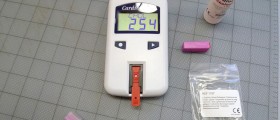
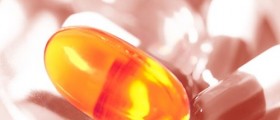

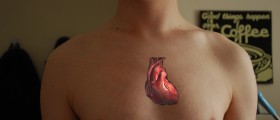

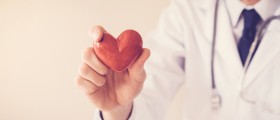



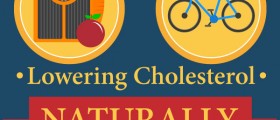

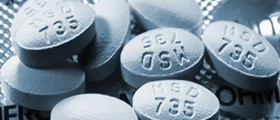
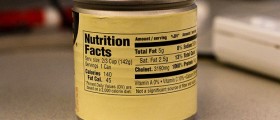
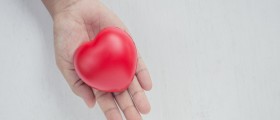
Your thoughts on this
Loading...